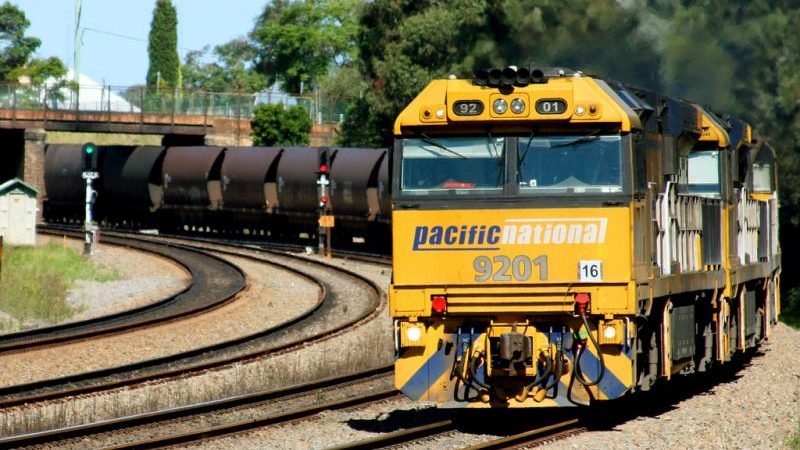The transition to a low carbon economy hinges on thousands of investment decisions.
Adani’s controversial coal mega-mine in Queensland, Australia, took another hit this week as the rail company withdrew its application for public subsidy to build a transport link to the coast.
Despite government backing in Australia and India – the prospective export destination – the project looks increasingly toxic to investors.
As the consensus tilts away from coal, gas still enjoys “bridge fuel” status, even in relatively climate hawkish jurisdictions.
The European Investment Bank signed off a €1.5 billion ($1.86bn) loan to Europe’s biggest fossil fuel project: the Southern Gas Corridor.
European commissioners back the pipeline as part of an effort to diversify gas supplies and reduce reliance on Russia.
Campaigners criticised the use of public funds, saying it would lock in gas dependence and benefit regimes – Turkey and Azerbaijan – with poor human rights records.
Deadline for a deadline
Germany will set an end date by 2019 for phasing out coal power, under a coalition deal agreed between Angela Merkel’s conservatives and the Social Democratic Party on Wednesday.
The highly politicised decision has been delegated to a commission, as part of a package criticised by utilities leaders and greens alike as “without courage”.
After admitting the country is set to miss its 2020 emissions target, the incoming government promised to enshrine its 2030 goal in law. The pact is still subject to a vote among SDP members, with an outcome due in early March.
Arctic oil
Norwegian activists are appealing to the supreme court in their bid to block oil exploration licences in the Barents Sea.
Greenpeace and Nature and Youth argue that the climate change impact of expanding the country’s oil sector breaches Norwegians’ constitutional right to a healthy environment.
In a ruling last month, Oslo district court accepted that constitutional right but argued the state was only responsible for domestic greenhouse gas emissions, not the impact oil exports had overseas.
Philippines on tour
In another transnational climate case, the Philippines Human Rights Commission is set to hold hearings this year in London and New York as well as Manila.
The inquiry holds 47 “carbon majors”, including Chevron, Exxon Mobil and BP, accountable for harm to Philippine communities from extreme weather and sea level rise.
Commissioner Roberto Cadiz told Climate Home News the aim was to give respondents every opportunity to participate. If they chose not to and did not like the outcome, “they will only have themselves to blame,” he said.
